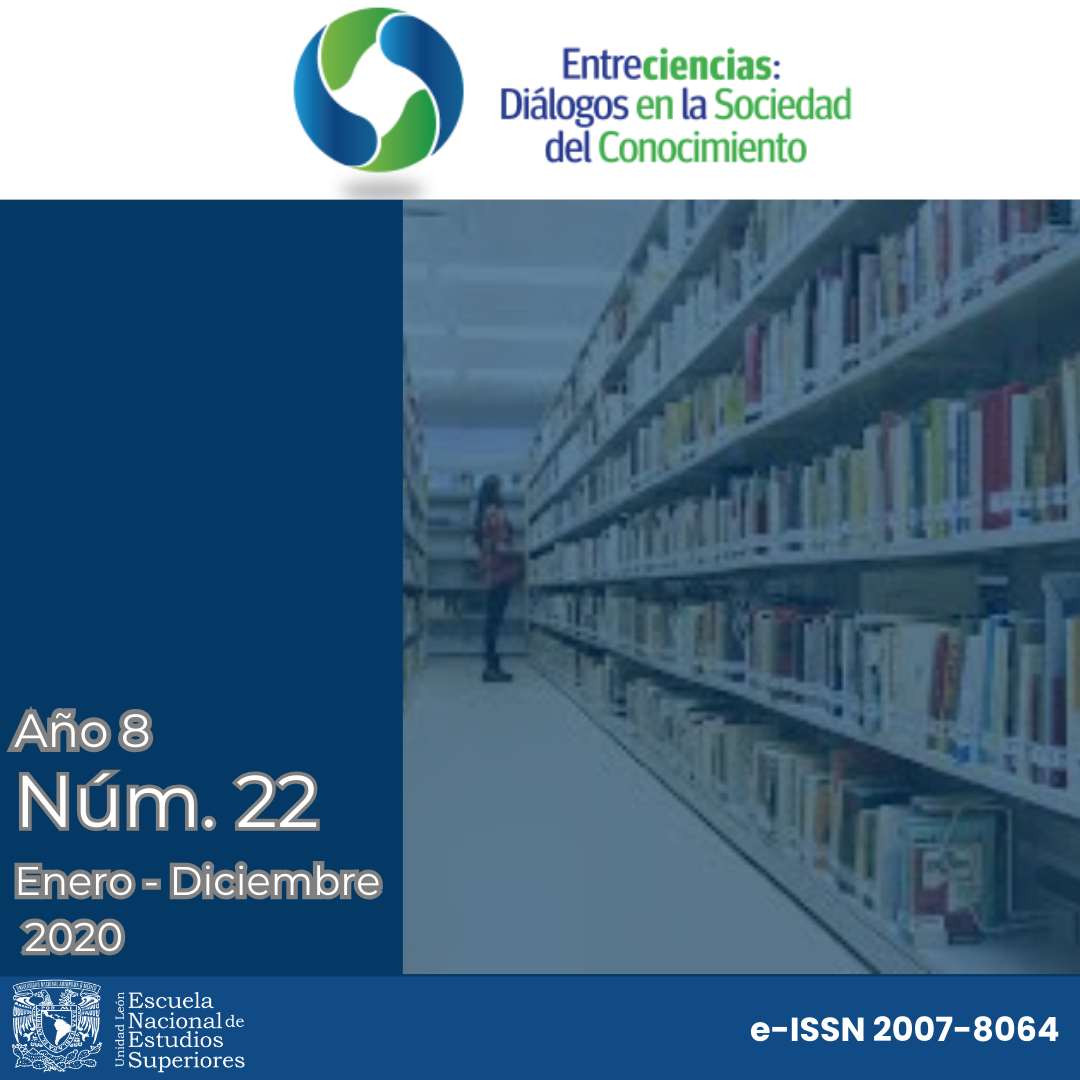Analysis of the construct validity and reliability of an instrument used to evaluate sustainability training in higher education
Main Article Content
Abstract
Purpose: To analyze construct validity and reliability of the instrument, “Evaluation for Training in Sustainability in Higher Education” composed of 27 items and four dimensions (Knowledge appropriation, University relationship, University education and Socioeconomic impact).
Methodology: Through the application of the instrument to 498 undergraduate students, an exploratory factor analysis was carried out to analyze the validity of the construct. Reliability was estimated using Cronbach's Alpha.
Results: The representation of all the items within the factorial model was found; however, differences were observed with respect to the theoretical proposal since the items were represented in six dimensions (University education, University relationship, Linkage and socioeconomic impact, Appropriation of knowledge, Application and social impact of sustainability and Evaluation of university sustainability) that explained more than 68 % of the variance. Overall reliability was optimal (Cronbach's Alpha: 0.903) as well as for each factor.
Limitations: The elements that make up the instrument restrict its application exclusively to higher education institutions.
Findings: A valid and reliable instrument is presented in which the elements that integrate it are related and represent the proposed construct.
Downloads
Article Details
Citas en Dimensions Service

Entreciencias: Diálogos en la Sociedad del Conocimiento recognizes and respects the moral rights of authors as well as ownership rights transferred in non-exclusivity to the journal for its open access dissemination and its preservation. Hence, authors who publish in this journal accept the following conditions:
- Entreciencias: Diálogos en la Sociedad del Conocimiento from Universidad Nacional Autónoma de México is distributed under a Licencia Creative Commons Atribución-NoComercial-SinDerivar 4.0 Internacional, which allows the information and metadata to be used without commercial ends as long as proper citation is utilized.
Authors will have the right to non-exclusively distribute the contribution made to Entreciencias: Diálogos en la Sociedad del Conocimiento. That is, they will be able to include it in an institutional repository or disseminate it in other digital or printed media as long as it is explicitly stated that it was first published in Entreciencias: Diálogos en la Sociedad del Conocimiento. The following information must additionally be included: author, year, volume, page numbers, electronic paging, and DOI.
Authors, whose publications have been accepted, will have to send the Letter of Copyright Transfer in the corresponding format, filled out and signed by the author or authors.
